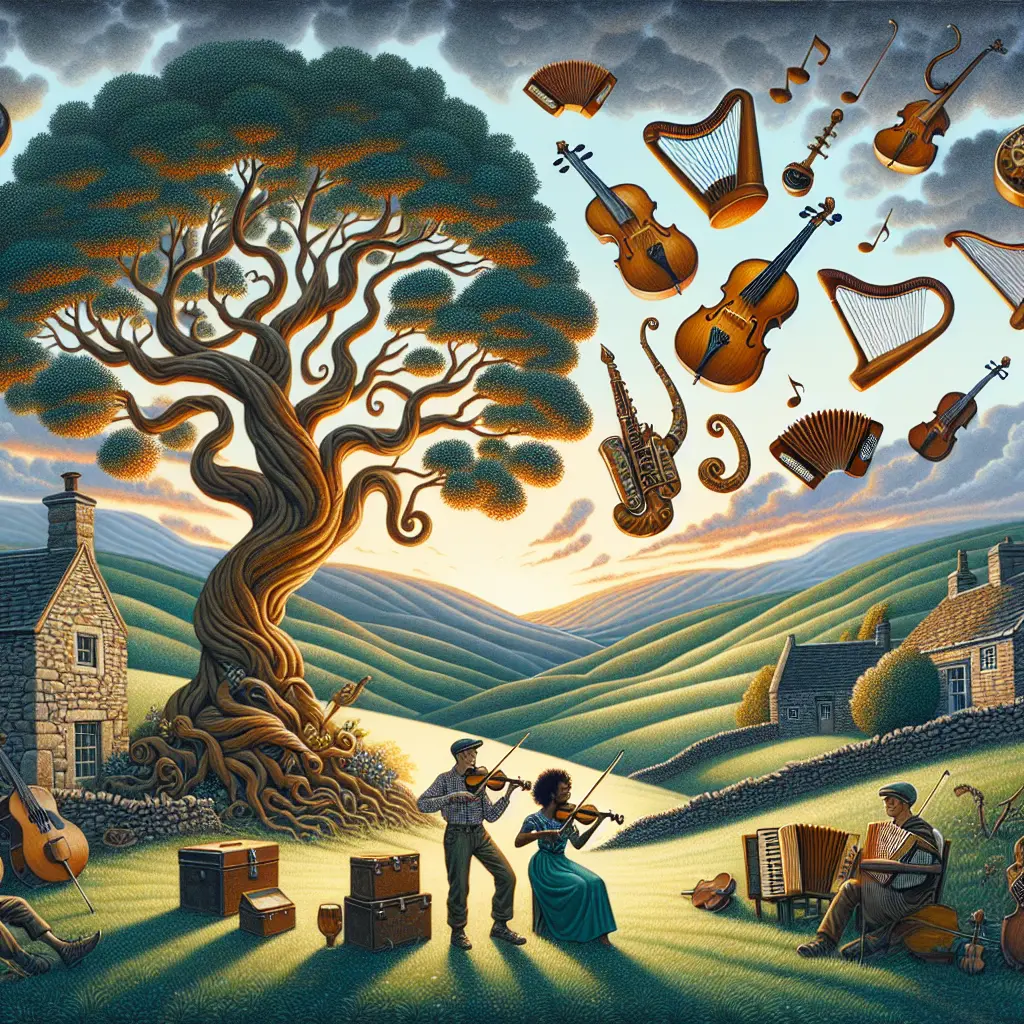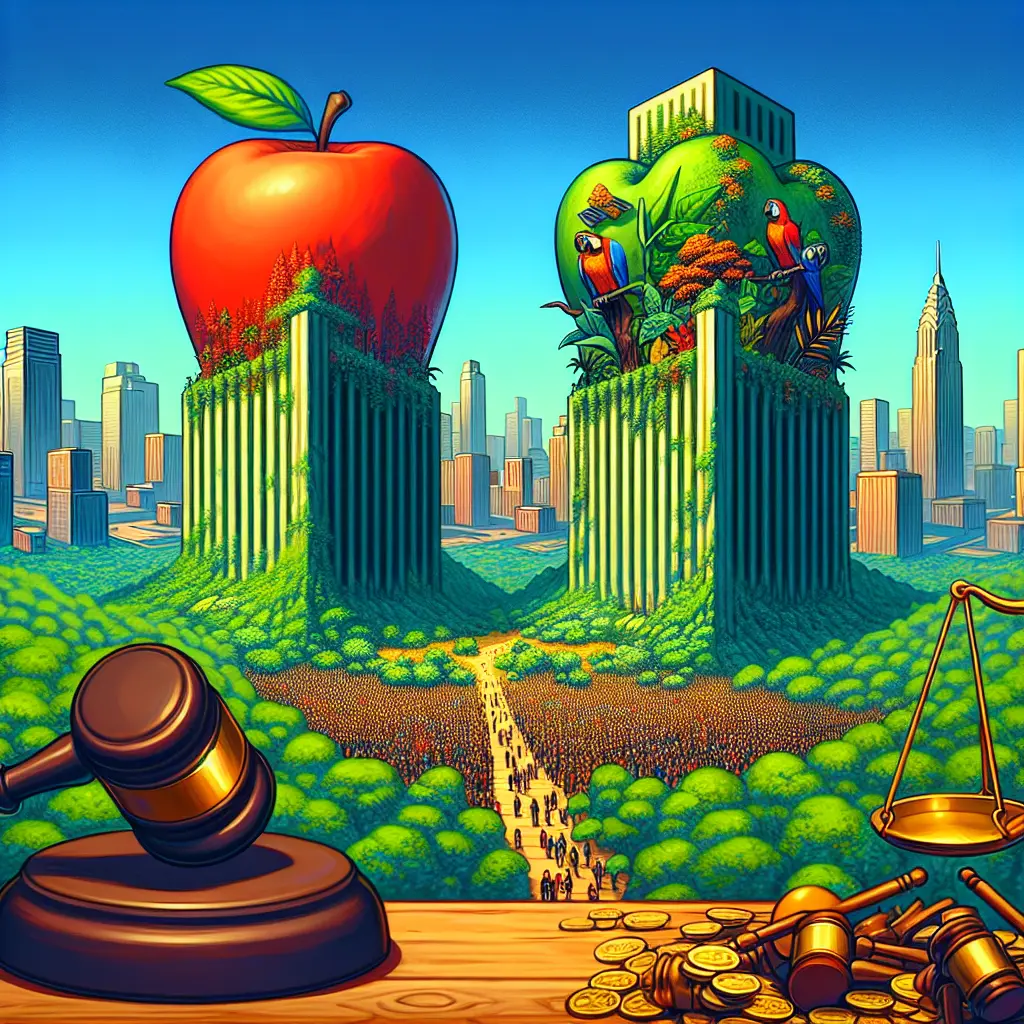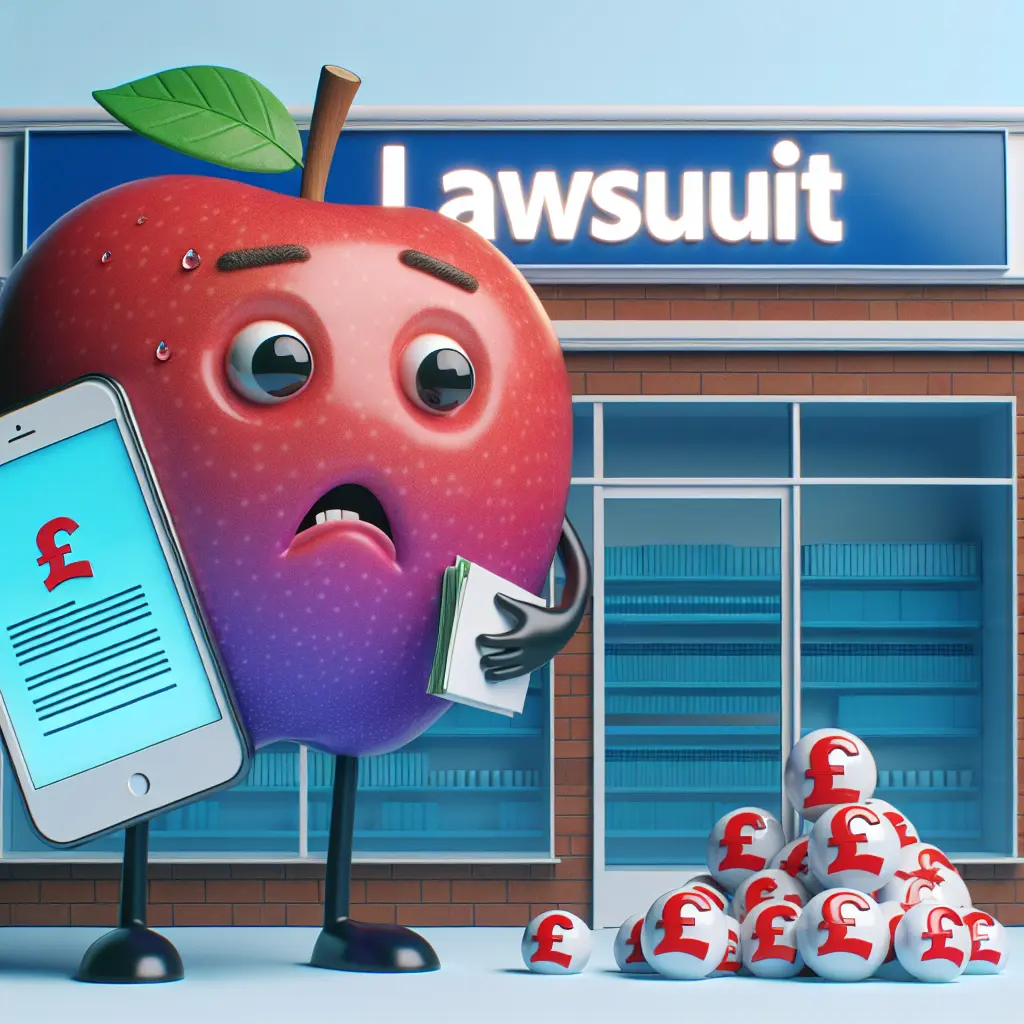The British folk music revival has become a captivating phenomenon, capturing the imagination of audiences both old and new across the UK. This resurgence is not merely a nostalgic homage to traditional British folk music but a dynamic evolution that intertwines history with modernity. The UK folk music industry is flourishing as British folk artists breathe new life into age-old melodies, fusing them with contemporary sounds that resonate with today's listeners. The British folk music scene is bustling with innovation, where modern British folk artists blend historical narratives with cutting-edge styles, creating an exciting fusion that defines the current folk music trends in the UK.
Central to this revival are UK music festivals and folk music events, which have become pivotal stages for British folk bands to showcase their talent and for audiences to engage with the rich tapestry of British cultural music resurgence. The impact of folk music in the UK business landscape cannot be understated; it has sparked a renewed interest in the UK folk music market, fueling economic activity and inspiring a deeper appreciation of British music heritage.
The intricate dance between tradition and innovation positions contemporary British folk as a vibrant force within the UK music revival. This blending of past and present is a testament to the enduring appeal and adaptability of British folk music, providing fertile ground for exploration and growth. As we delve deeper into the UK folk music history and its transformative journey, we witness not only a revival but a reinvention that continues to shape the cultural and economic fabric of the nation.
UK music festivals and folk music events have played a pivotal role in the British folk music revival, providing essential platforms for artists to showcase their talents. Events like the Cambridge Folk Festival and Celtic Connections have become cornerstones of the British folk music scene, drawing audiences from around the world. These festivals celebrate both established British folk bands and emerging modern British folk artists, allowing them to experiment with new sounds and styles.
For example, at the 2024 Cambridge Folk Festival, artists like Eliza Carthy and Sam Lee took to the stage, blending traditional British folk music with influences from jazz and world music. Such performances highlight the innovative spirit driving current folk music trends in the UK. Festivals also provide economic benefits, boosting local economies and contributing significantly to the UK folk music economy through ticket sales, tourism, and merchandise.
The Revival of British Folk Music
The impact of folk music in the UK business landscape is substantial. According to recent reports from the Music Venue Trust, grassroots venues hosting folk music events generate approximately £250 million annually for the UK economy. This figure underscores the importance of live performances in sustaining the folk music business in the UK.
Moreover, the British folk music market has seen an increase in album sales and streaming figures, driven by both nostalgia and a fresh appreciation for the genre's innovation. Platforms like Spotify have reported significant upticks in playlists dedicated to British folk artists, reflecting a growing global audience for UK folk music.
Contemporary British folk artists are at the forefront of this musical renaissance. Musicians like Laura Marling and Johnny Flynn are redefining what it means to be a folk musician today, blending acoustic traditions with modern lyrical themes that resonate with younger audiences. This blend of past and present is evident in albums like Marling's "Song for Our Daughter," which combines introspective songwriting with traditional folk instrumentation.
Additionally, collaborations between British folk artists and musicians from other genres have led to exciting new projects. A notable example is The Unthanks, who collaborated with various jazz musicians to create a sound that is both rooted in tradition and strikingly modern. This cross-genre experimentation is a hallmark of the British folk music innovation that characterizes today's UK music revival.
Historical Context and Cultural Significance
Understanding UK folk music history is crucial to appreciating its current revival. Traditional British folk music has long been a vehicle for storytelling, reflecting societal changes and cultural narratives over centuries. The resurgence we witness today is part of a broader British cultural music resurgence, where preserving heritage goes hand-in-hand with creative evolution.
A case study of this historical influence can be seen in the work of Bellowhead, a band that revitalized traditional tunes with theatrical live performances until their disbandment in 2016. Their success paved the way for new artists to explore folk's rich history while pushing boundaries.
While the UK folk music industry is thriving, challenges remain. Issues such as funding cuts to arts programs and the impact of Brexit on touring musicians pose threats to the continued growth of the scene. However, initiatives like Folk Alliance International are working to support artists through grants and networking opportunities, ensuring that folk music continues to flourish despite these obstacles.
Looking forward, digital platforms will likely play an increasingly significant role in shaping folk music trends in the UK. Social media and streaming services offer unprecedented reach for British folk bands, enabling them to connect with global audiences and further cementing their place in the international music landscape.
The revival of British folk music is not merely about preserving tradition but about embracing change. As modern British folk artists continue to innovate and engage with new audiences, they ensure that this rich musical tradition remains relevant and vibrant. This ongoing evolution reflects not only the adaptability of British folk music but also its enduring appeal as a vital component of both cultural expression and economic vitality in the UK.
Conclusion
For more insights into the evolving landscape of UK folk music, explore Folk Alliance International's latest initiatives.
In conclusion, the revival of British folk music represents a vibrant blend of tradition and innovation, marking a significant cultural resurgence in the UK. This movement is characterized by:
Dynamic Evolution: The fusion of historical narratives with contemporary sounds has invigorated the genre, bringing a fresh perspective to British folk music.
Festival Influence: Events such as the Cambridge Folk Festival and Celtic Connections provide critical platforms for artists, fostering creativity and economic growth within local communities.
Economic Contributions: Grassroots venues and increased album sales underscore the substantial impact of folk music on the UK economy, highlighting the genre's growing global reach.
Artist Innovation: Musicians like Laura Marling and Johnny Flynn exemplify the innovative spirit driving the scene forward, blending traditional sounds with modern themes.
Historical Significance: Understanding the genre's roots enriches its current revival, as seen through the work of pioneering groups like Bellowhead.
Future Challenges and Opportunities: Despite hurdles such as funding cuts and Brexit-related issues, digital platforms offer new opportunities for artists to expand their reach.
As British folk music continues to evolve, it remains a testament to both cultural expression and economic vitality. We invite you to reflect on how this dynamic genre impacts your own cultural landscape. Share your thoughts and experiences in the comments—let's celebrate the enduring appeal of British folk music together.
Keep exploring, keep listening, and let's keep this conversation alive.










Leave a Comment